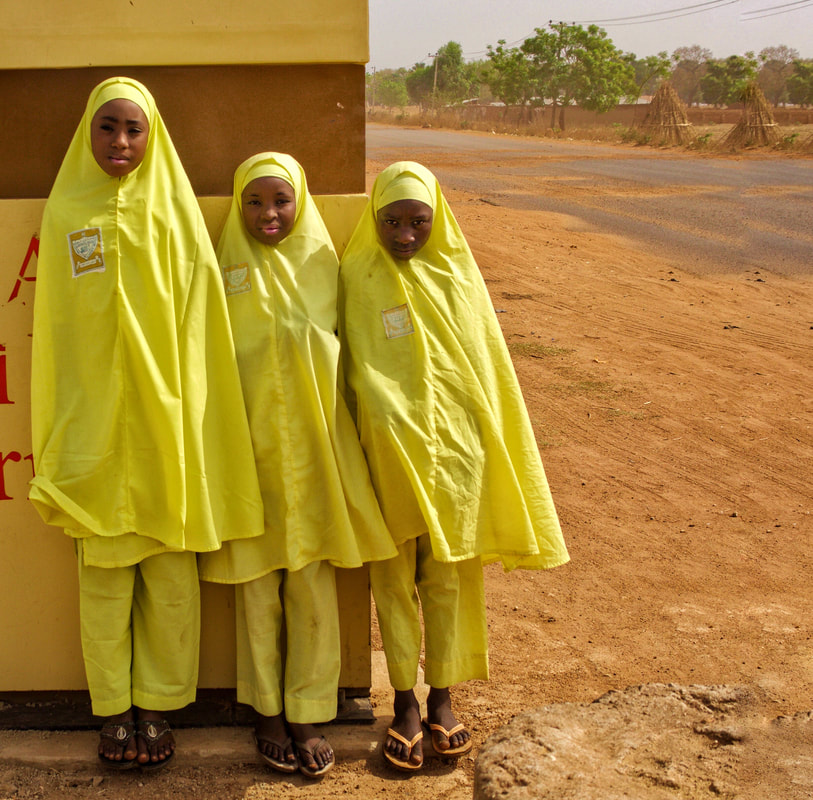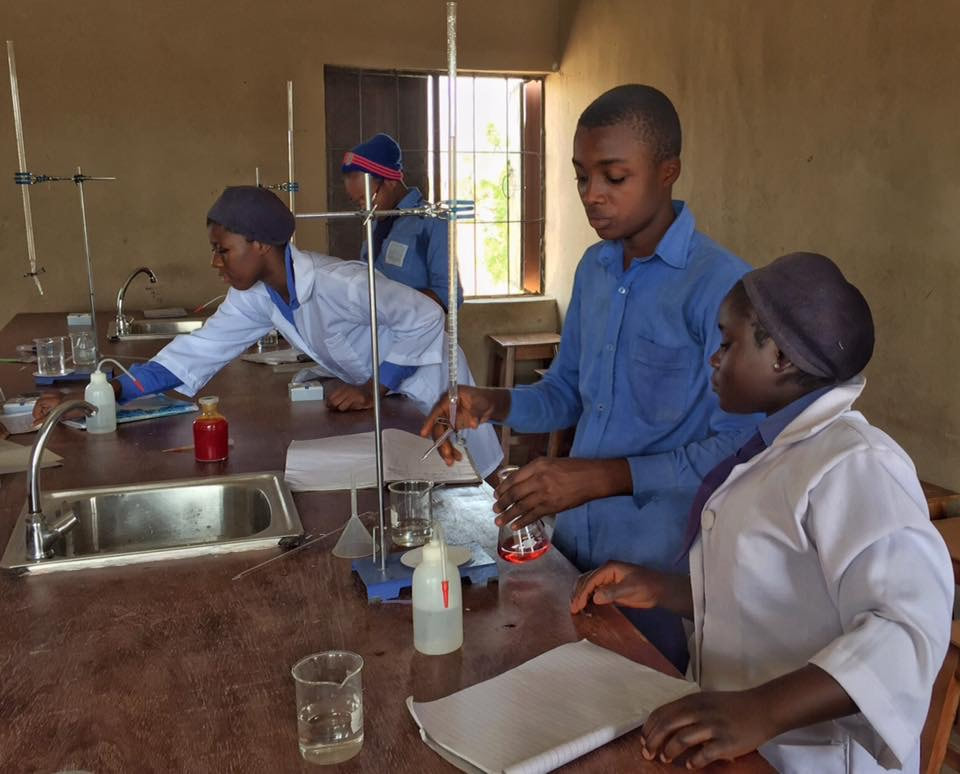|
Compulsory, free Universal Basic Education in primary and junior secondary schools, is the Nigerian Federal Government’s policy- yet millions of children especially from families of low income, either don't go to school or drop out. In Zamfara, the government has said it has taken measures to address the problem, yet thousands have never entered a classroom or have dropped out for economic and cultural reasons.
Concerned Parents and Educators identify the causes of low enrollment The low enrollment of students in public schools is attributed to the high rate of poverty in Zamfara. Education is free, but many parents cannot afford the cost of books, uniforms and transportation. Other reasons for low enrollment are attributed to the lack of insight into the long term value of education as well as poor infrastructure and accessibility. A father, Ali Sadi, said his three children had attended public secondary school in Gusau, but that he had to withdraw his daughter and send her to work to make ends meet. His comments highlight another problem, the low value placed on educating girls. Rural Schools Another parent, Musa Usman, said rural schools have the lowest attendance rate and that girls are less likely than boys to complete secondary education. He said girls are withdrawn and married young for socio-cultural reasons. Change of attitudes to education needed. A teacher at a private school in Gusau said, “Some parents do not appreciate the importance of education. Our attitude to the value of education must change. Many parents would rather finance the wedding of their sons and daughters than finance their education."
United Nations Children’s Fund (UNICEF) identifies nearly 250,000 out- of-school young people in just three of the 14 Local Government areas, in Zamfara.
Zamfara State has 14 Local Government Areas. Recently, the United Nations Children's Fund (UNICEF) said it had identified 240,560 out-of-school children in just 3 of those LGAs. The Chief of UNICEF in charge of the Sokoto Field Office, Mohameden Fall, said the number was derived from the household mapping and listing of out-of-school children conducted in 2016 through the State Universal Basic Education Board in these three Local Government Areas. A state official said the figure indicated that unless authorities find ways of addressing the problem and its underlying causes, these numbers will continue to grow. The importance of the work of Graceland International School in this context. Africa Education Partnership, has built and continues to sponsor Graceland International School with the stated purpose of addressing these problems, by providing a high quality education regardless of gender, ethnicity or religion. Read the full article on the following link. http://allafrica.com/stories/201805030194.html
0 Comments
Leave a Reply. |
This page compiles information from outside sources, as well as AEP's own blog updates.
Resources
All
ArchiveD News
April 2024
|
Learn More |
|
Support us |
Africa Education Partnership 501(c)3 | 99 Sand Hill Road, South Windsor CT 06074
Privacy Policy
Privacy Policy
© COPYRIGHT 2021. ALL RIGHTS RESERVED. Site by PluginMatter


 RSS Feed
RSS Feed